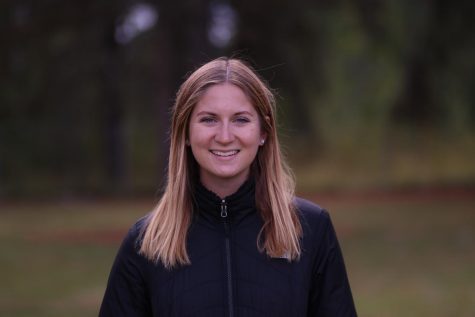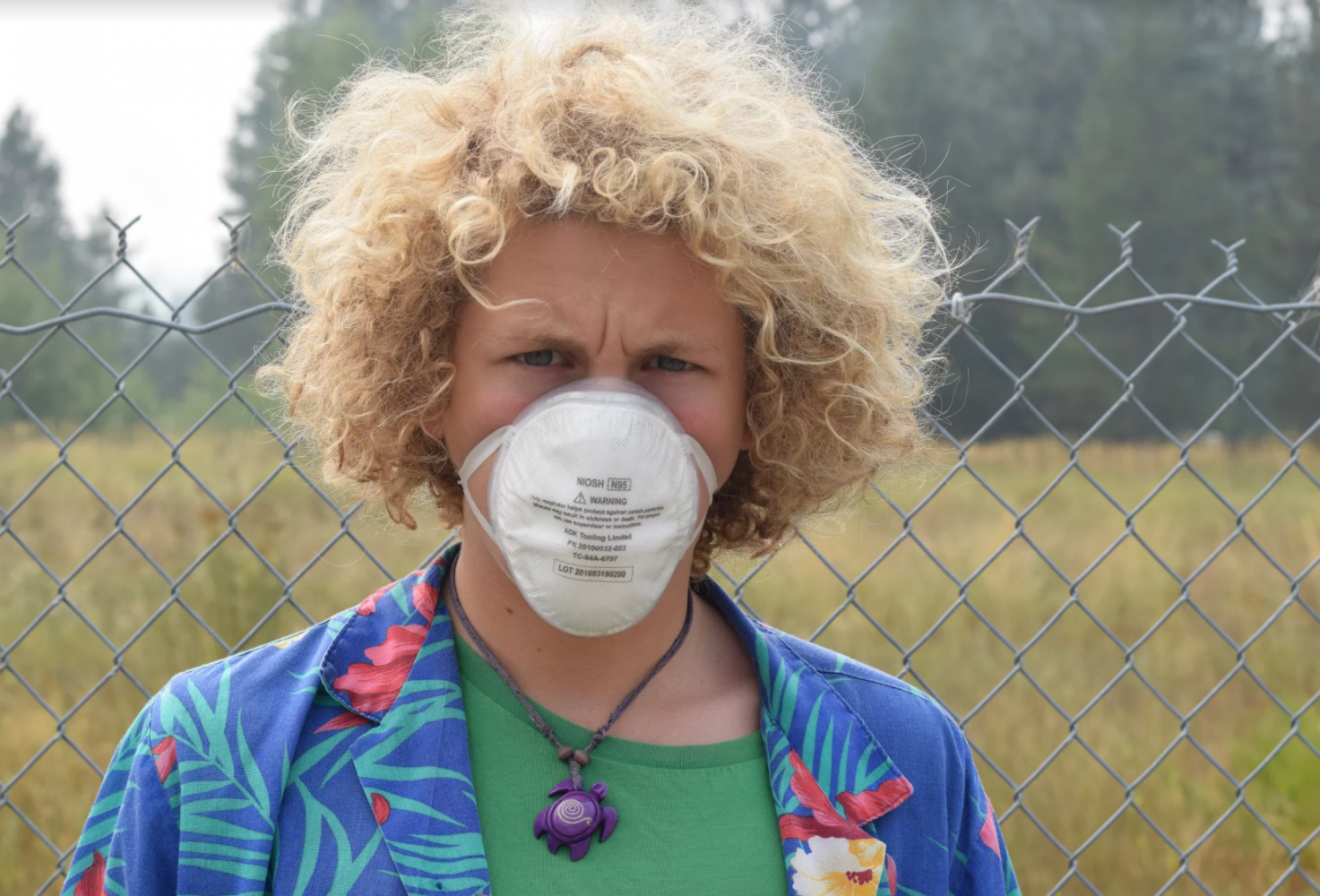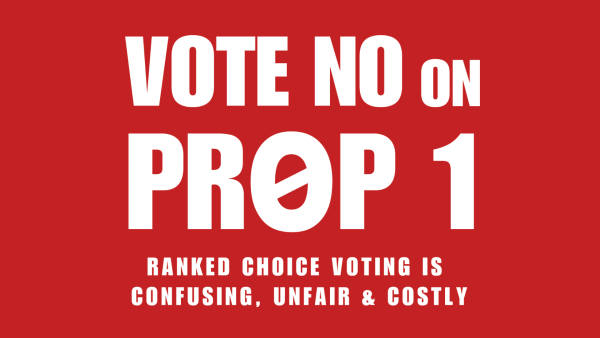SMOKY SITUATION
Sandpoint registers worst AQI in the country
Students have spent the last week dealing with the worst air quality in the country.
Welcome to beautiful Sandpoint, Idaho, where clear blue skies and fresh air are some of the many benefits of living where we do.
Sadly, over the past few weeks, fires sweeping the Pacific Northwest have drastically increased in size, including over 1 million acres burned in Montana. Labor Day marked the very first time Sandpoint had the worst air quality in the nation, reaching 418 AQI (Air Quality Index), which is classified in the “Hazardous” range. A mass of smoke had settled over Bonner County and much of the upper panhandle within just a week.
So what does this mean for our community? For SHS athletes anticipating their first games of the season? For anyone with asthma? Grant Manager and Licensed Dietitian for WIC, Nanci Jenkins, has some helpful answers and advice.
“Acute smoke contains numerous products that are lung irritants. They can cause you to have a runny nose, watery eyes and a general feeling of malaise. Chronically, compounds in smoke like carbon monoxide displace oxygen in the blood making it more difficult to oxygenate the blood and decreases athletic performance,” Jenkins said.
Many sporting events have been cancelled due to the smoke and poor air quality. Football, soccer, and cross country practices have been forced to move their practices into cramped gym space for the first week of school. Jenkins goes on to share the dangers of breathing in smoke for people with asthma.
“The larger particles in the smoky air can cause bronchitis and exacerbate the already inflamed airway of someone who suffers from asthma,” Jenkins warns.
Inevitably, we will be outside in the smoke at some point in our day. Air quality levels have been holding in the 200’s for the past two days. With a chance of winds coming from the West and the possibility of rain this weekend, the smoke may start to lift away from our area.
Jenkins advises SHS and the community to take certain precautions while the smoke remains.
“Drink water and eat healthy food. Your body will use the water to flush out the waste products from the smoke. As soon as the air quality returns, get outside and be physically active to regain your health,” Jenkins said.

Claire Keener is a senior and it is her second year on staff. She is an assistant multimedia editor.










